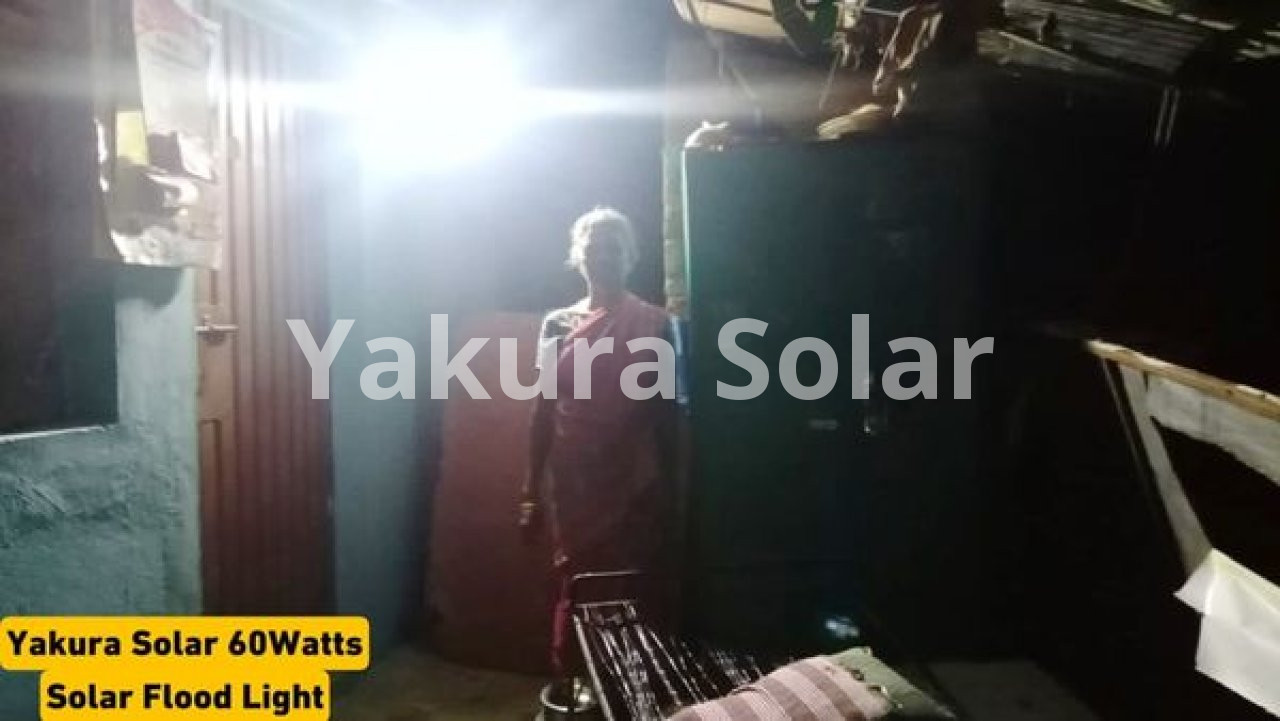Solar CSR Projects in Villages

Solar energy CSR activities can help villages in several ways:
-
Access to electricity: Many villages in developing countries do not have access to electricity. By investing in solar energy, companies can help provide access to clean and reliable energy to these communities. This can improve the quality of life for villagers by enabling them to power their homes, schools, and businesses.
-
Economic development: Solar energy can also support economic development in rural communities. For example, by providing solar-powered water pumps for irrigation, farmers can increase their crop yields and earn more income. Additionally, solar-powered micro-grids can provide electricity to small businesses, enabling them to operate more efficiently and grow their businesses.
-
Health and safety: In areas without access to electricity, people often rely on kerosene lamps or candles for lighting. These sources of light can be dangerous and contribute to indoor air pollution. Solar-powered lighting can provide a safe and reliable source of lighting, reducing the risk of accidents and improving indoor air quality.
-
Education: Access to electricity can also support education in rural communities. Solar-powered lighting can enable children to study after dark, and solar-powered computers can support e-learning programs.
Overall, investing in solar energy as a CSR activity can have significant positive impacts on rural communities, improving access to electricity, supporting economic development, and promoting health, safety, and education.




